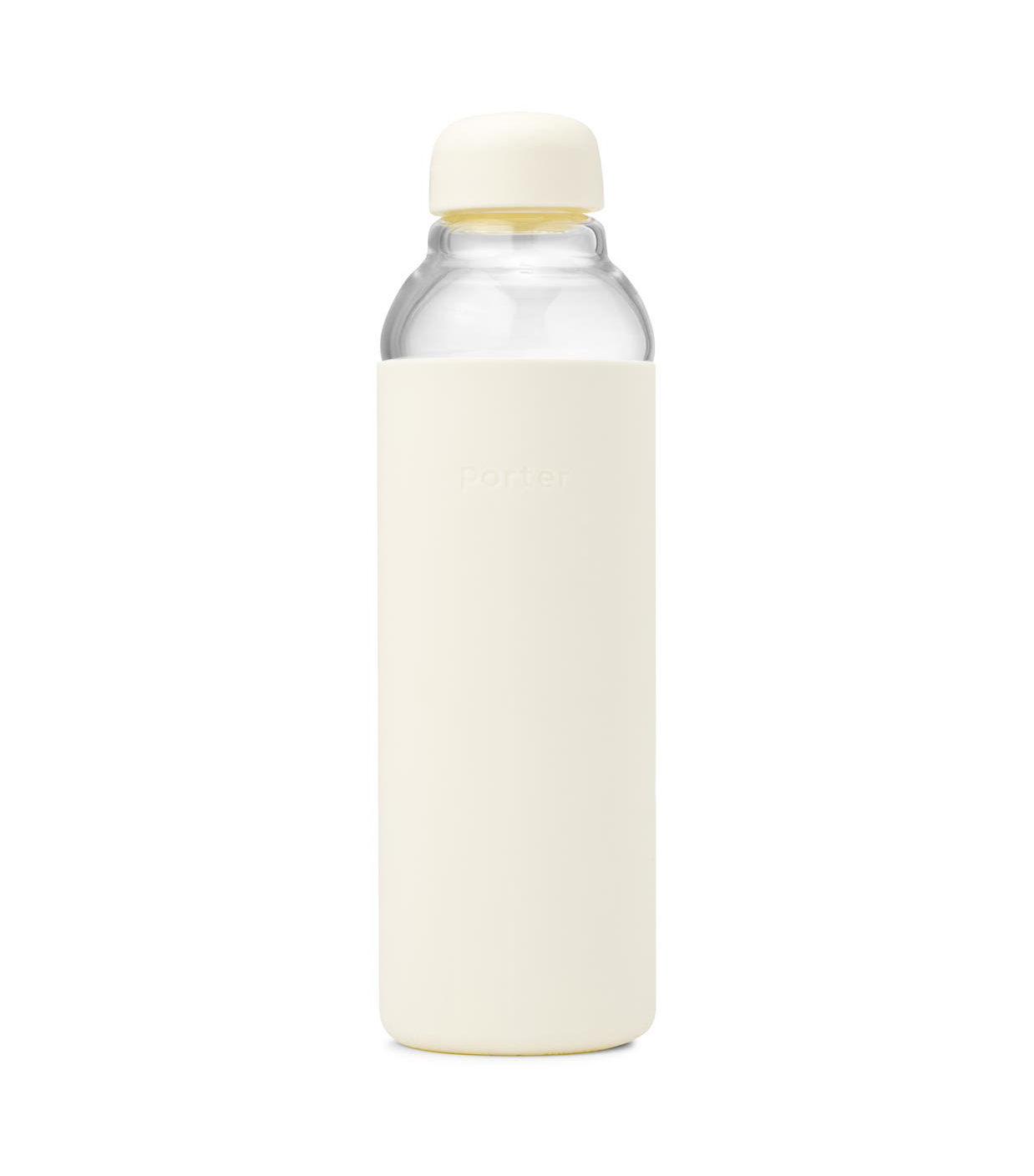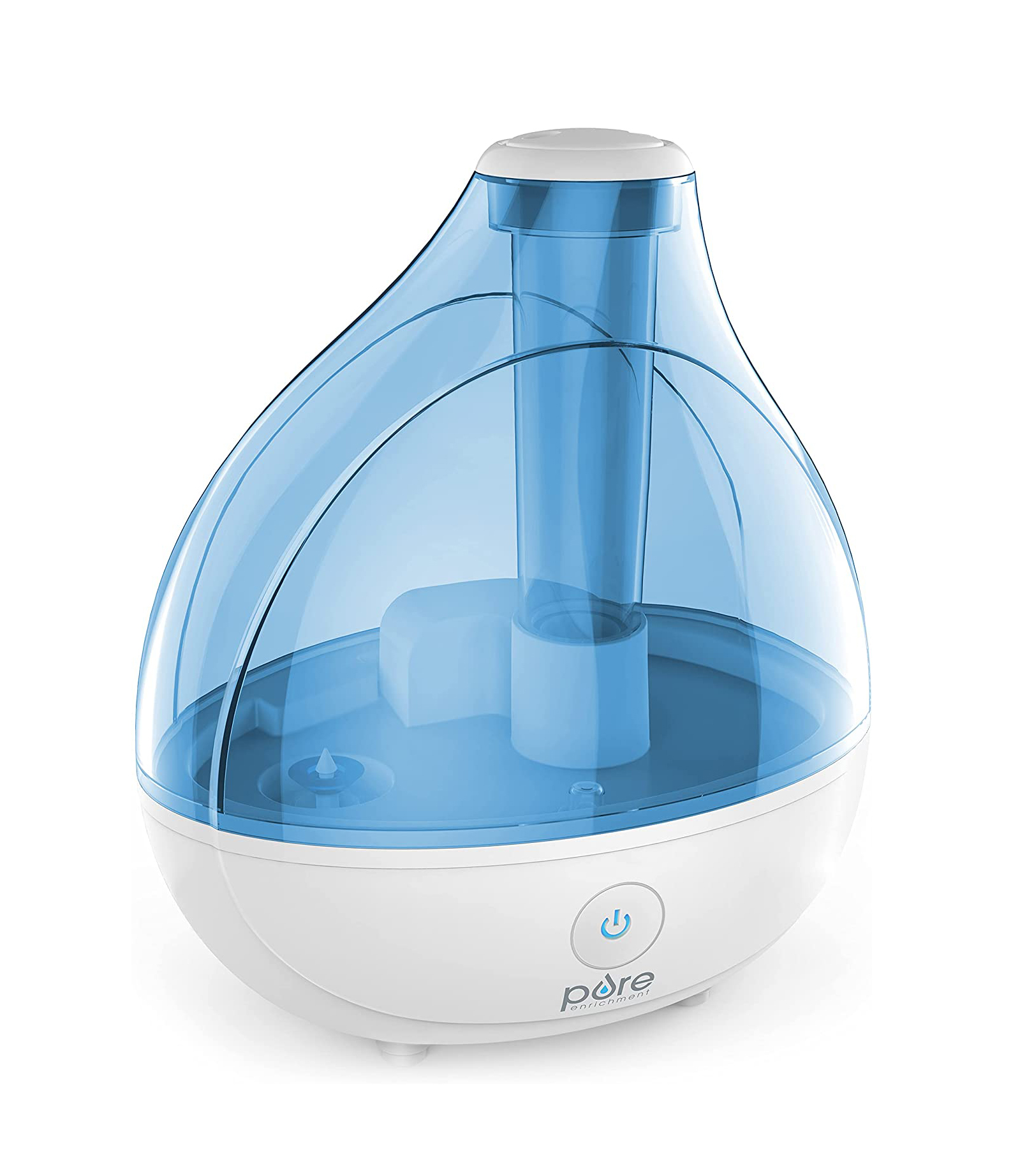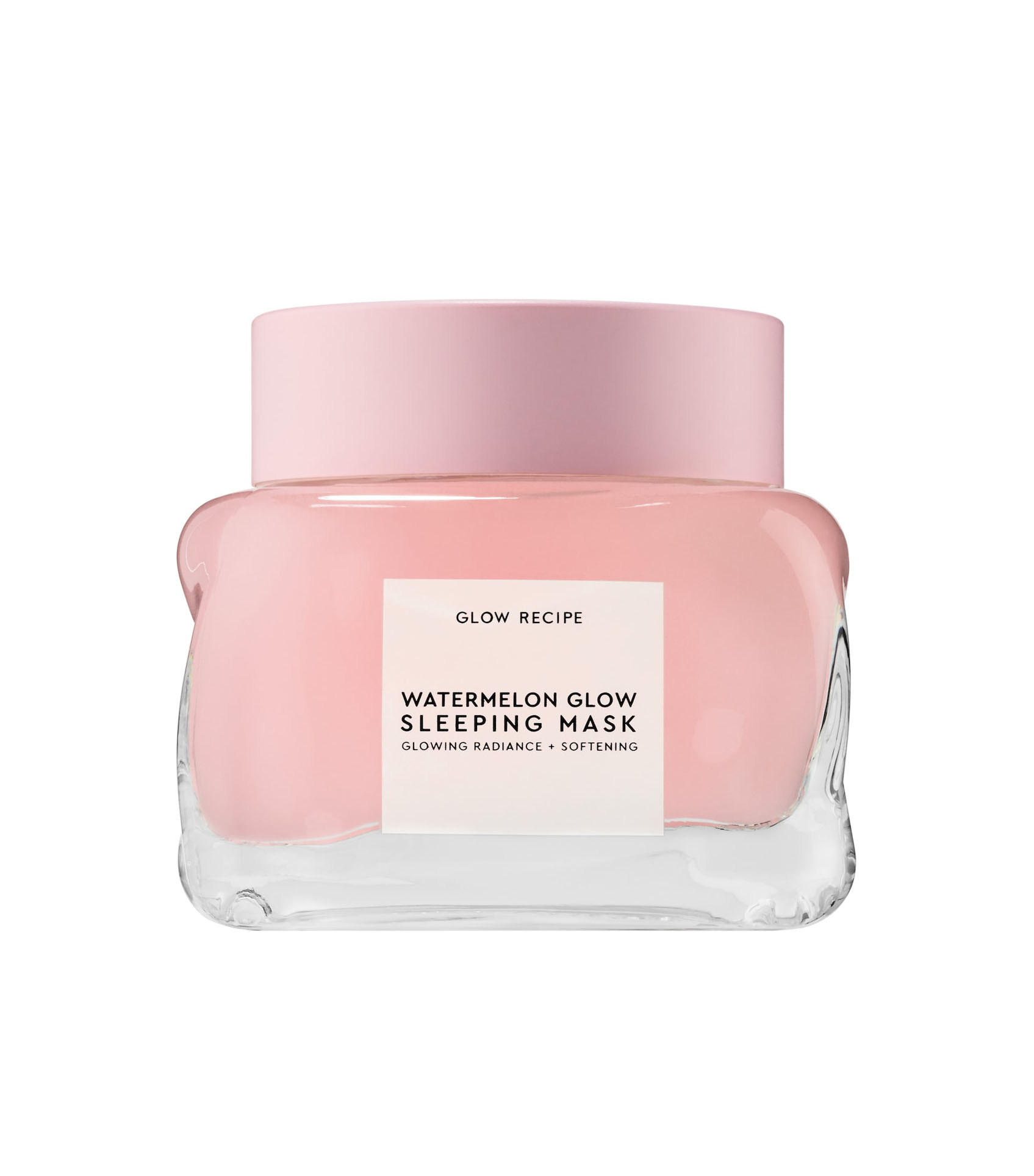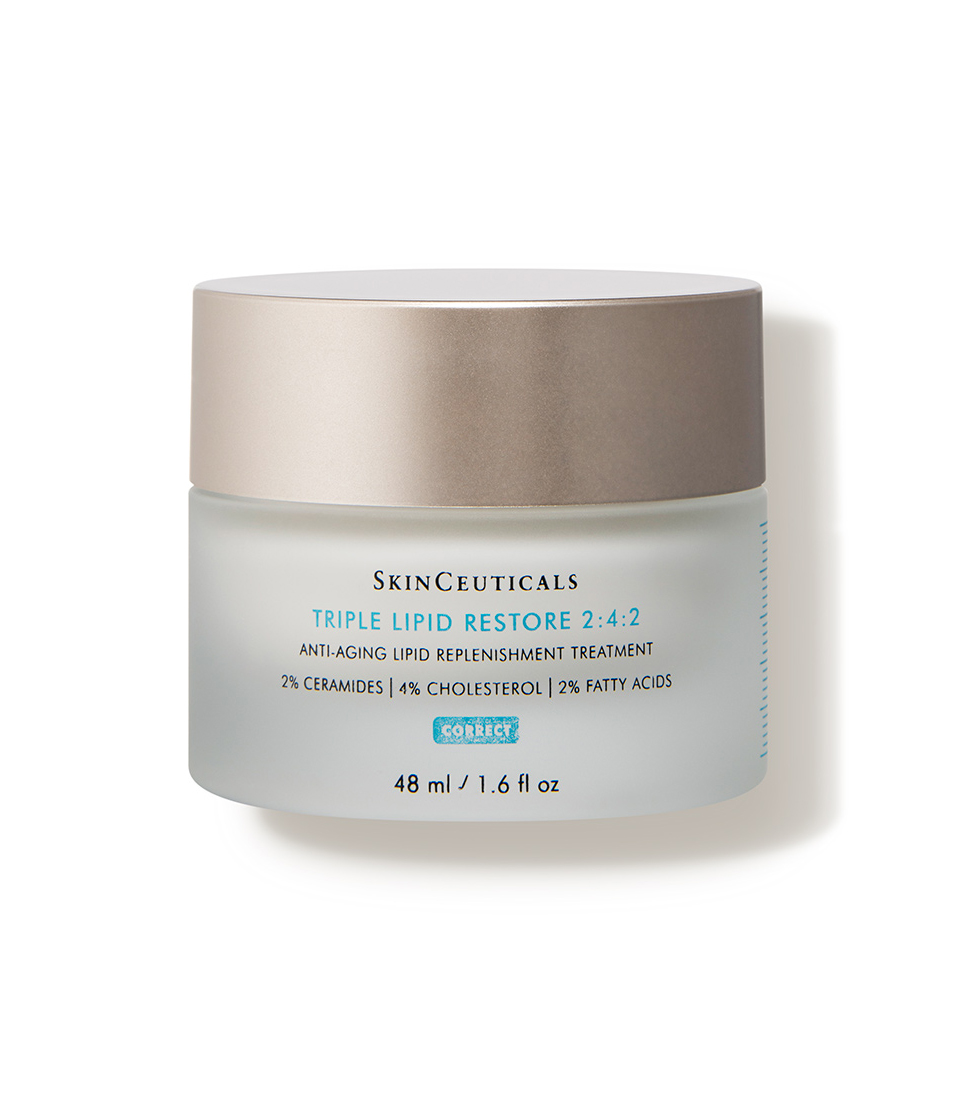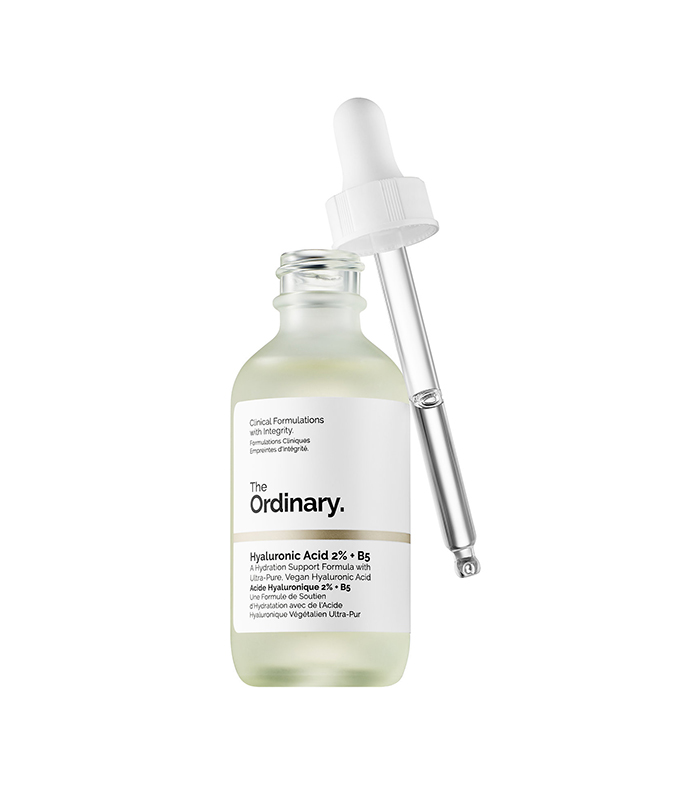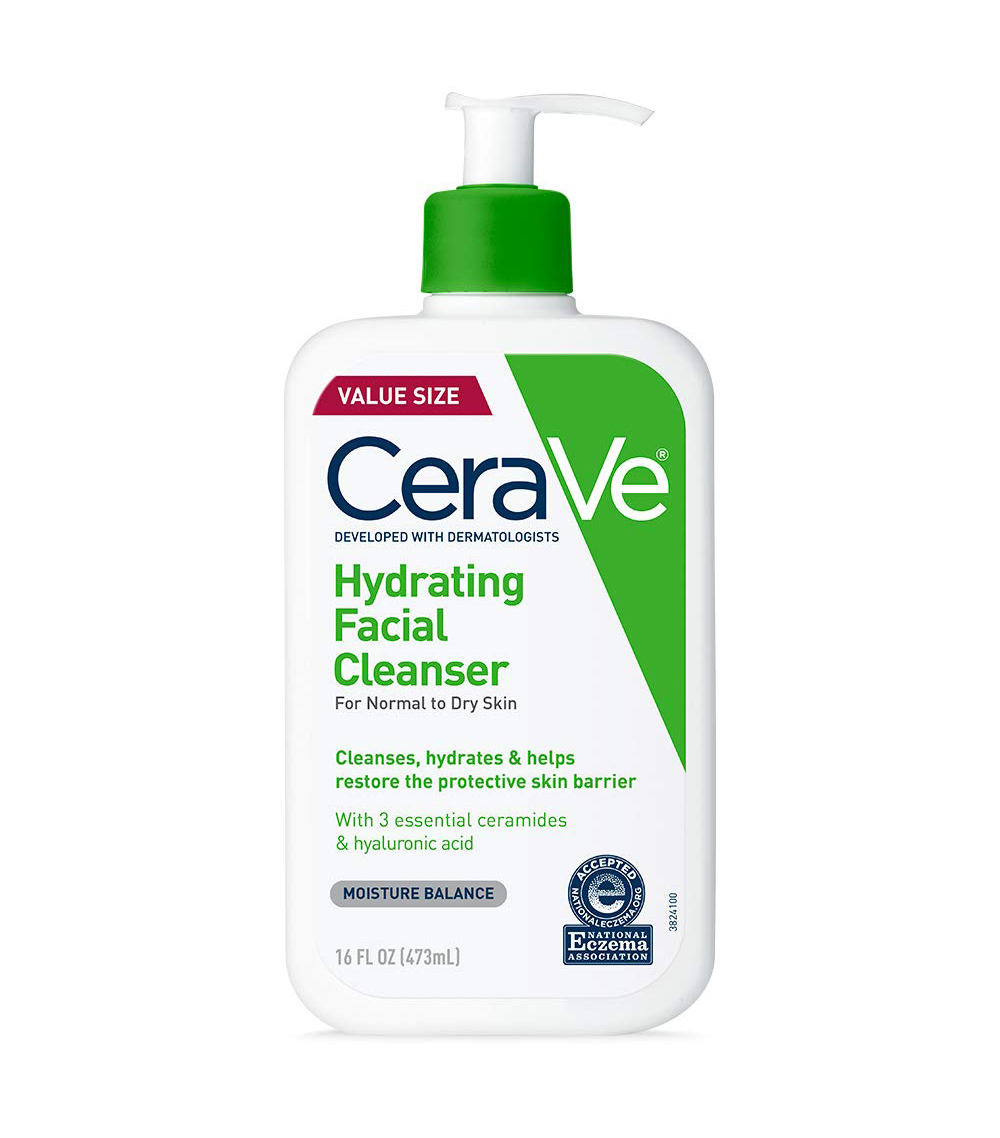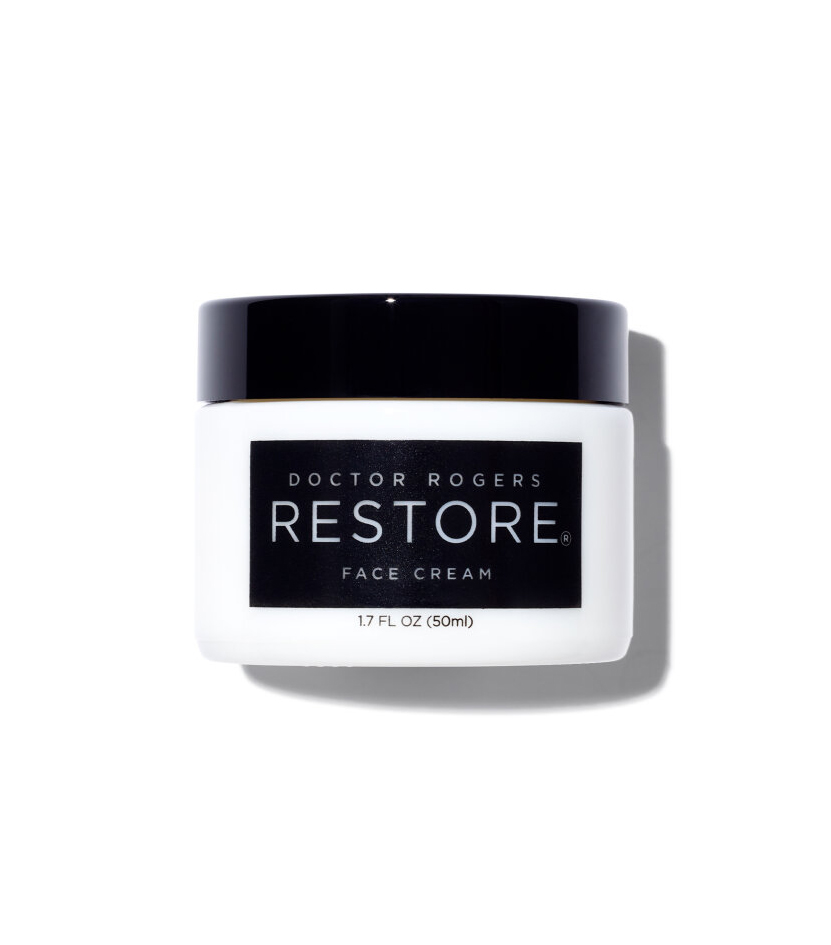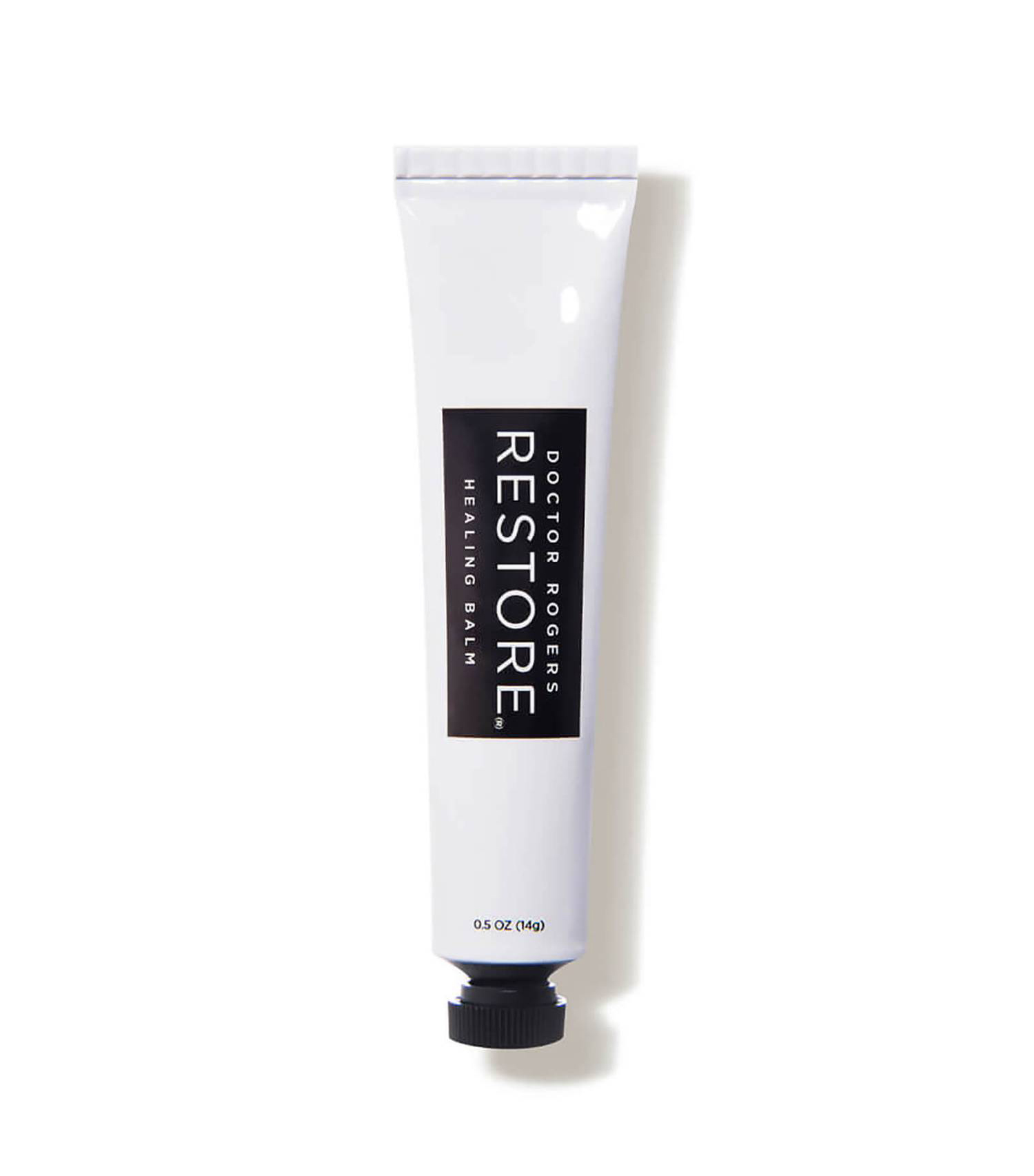9 Warning Signs That Your Face Is Thirsty and What to Do About It
When your skin is parched, it can cause a whole host of problems. It might feel dry, sometimes so dry that it feels cracked and it actually hurts. You could even experience a dull texture or complexion. Your skin might also not have that plump, glowy look that everyone dreams of. And those are just some of the issues that might come up. But there's good news here—there are simple ways you can treat dehydrated skin and quench its thirst.
For some help figuring all of this out, I asked dermatologists all about the signs of dehydrated skin and what to do about it. Read on for what they had to say.
Dehydrated Skin vs. Dry Skin
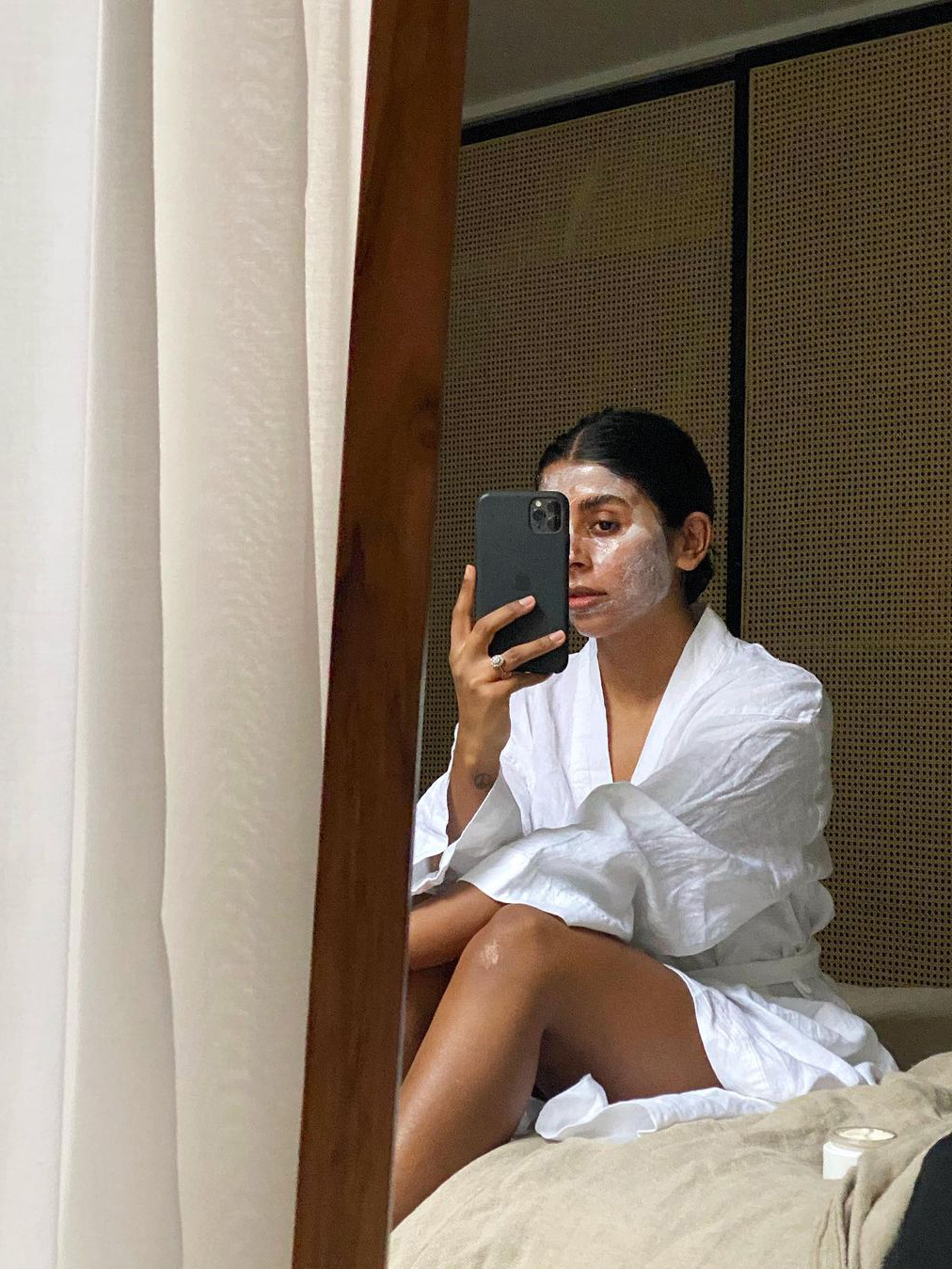
First, it's important to understand the difference between dehydrated skin and dry skin. The terms are often used interchangeably, and although they are somewhat related, there are actually a few differences between the two. "There's both a correlation and a difference," explains Ife Rodney, MD, FAAD, of Eternal Dermatology and Aesthetics. "Typically, dry skin is a skin type, which is an absence of sebum (the skin's natural oils), and dehydrated skin is only an absence of water that can happen to anyone. Excess oil loss, which can happen with age, affects the moisture barrier that reduces water loss. So dry skin can contribute to dehydrated skin. At the same time, it's possible to be hydrated yet have dry skin."
Ope Ofodile, MD, MPH, a cosmetic and medical dermatologist at Dermatology and Surgery Specialists of North Atlanta (DESSNA), adds that dry skin is secondary to natural genetic predisposition and not fully preventable, while dehydrated skin is an acquired condition. "Clinically, they feel the same way, but often the timeline, 'dry skin all my life' versus 'dry skin later in life,' can differentiate the two," she explains.
Signs of Dehydrated Skin
So how do you know if you have dehydrated skin? The experts say to look for these warning signs:
1. Dry, cracked skin and also chapped lips
2. Rough and dull skin
3. Hollow and/or pale skin
4. Dark circles under the eyes or sunken eyes
5. Skin that feels tight
6. More noticeable fine lines and/or premature aging
7. Sensitivity to cleansers, sunscreen, and other topical products
8. Poor absorption of makeup or topical products
9. Body symptoms, such as dizziness, lightheadedness, and/or an elevated heart rate—when your body is dehydrated, that can affect your skin as well
The Causes of Dehydrated Skin

Unlike dry skin, which has to do with your skin type, you can avoid dehydrated skin altogether. You just have to avoid certain things that might trigger it. Of course, the top thing that can cause dehydrated skin is a lack of water intake—even more reason to stay hydrated.
"Some of the common reasons include a poor diet, lack of sleep, stress, and using too many skincare products," Rodney says. "Extreme changes in temperature, like moving to a very hot or very cold climate, can cause dehydration in the short term. Other reasons include excess caffeine, alcohol, chlorine from swimming pools, and spending long hours in air conditioning or heating." And some other causes could be excessive sun exposure or excessive exfoliating.
How to Treat Dehydrated Skin
If you're dealing with dry skin, there are a few steps you can take to remedy the situation. The experts shared some tips below:
1. Make sure you're drinking enough water: Ofodile recommends aiming for three eight-ounce glasses of water daily.
2. Invest in a humidifier: Rodney suggests getting one, especially if you're in a humid location.
3. Exfoliate your skin: "This speeds up cell turnover, allowing your skin to absorb more water and benefit from moisturizers and other hydrating products. Once a week should be enough," Rodney says.
4. But don't exfoliate too much: Ofodile recommends minimizing aggressive exfoliation and also excessive use of abrasive products like retinols and AHA/BHA cleansers, which can further dry out the skin.
5. Add a moisturizer: "This is one of the best ways to lock in hydration to compact both dehydrated and dry skin," Rodney says. "You'd want a product rich in humectants, ceramides, and other ingredients that are proven to add and retain moisture. Reapply your moisturizer at least once for the day to clean skin, and don't forget to use sunscreen."
6. Try a hydrating serum: Ofodile suggests incorporating one into your routine twice daily, like a hyaluronic acid one.
7. Choose your cleanser wisely: "Your cleanser should contain natural ingredients and no surfactants," Rodney says. "This product cleans your skin while maintaining your delicate pH."
8. Moisturize post-cleanse: "To treat dry skin, you need more than just water," says Heather D. Rogers, MD, dermatologist, dermatologic surgeon, and founder and CEO of Doctor Rogers Restore. "When you wash your face on a daily basis, you need to make sure you apply a cream or lotion to help replace the oils you washed away. If you are very dry, the heavier the cream, the better. Look for products with glycerin, a powerful humectant that pulls water out of the air and back into the skin, and squalane, a fatty acid your skin can easily absorb (both are in the Doctor Rogers Restore Face Cream)."
9. Give slugging a try: This is when you slather an occlusive moisturizer on your face to lock in moisture. Rogers says you can do this with an ointment in extreme cases of dry skin. "A few tricks about slugging: Ointments do not contain water, so you want to dampen your face or apply a cream (water and oil mixed) before the ointment for added hydration," she explains. "Also, most ointments have a petroleum base, which prevents water loss but does not add oil back into the skin. Our skin cannot absorb petroleum, mineral oil, or dimethicone. You will see a better result if you use a vegetable oil–based ointment like my Restore Healing Balm because our skin can absorb those fatty acids and use them."
10. Try professional treatments: "Get monthly or quarterly deep facials such as Diamond Glow or Hydrafacials, which allow deeper infusion of the skin with hydrating serums," Ofodile says.
11. Visit a dermatologist: "When skin is very dry and does not improve over a month of proper care, it could be because you have an underlying skin condition like eczema, seborrheic dermatitis, a skin infection, or skin cancer," Rogers says. That's when you'll want to see a medical professional. Plus, when your whole body is dehydrated, it can cause other problems aside from dry skin, so you'll want to ensure you're replenishing your fluids.
Products to Treat Dehydrated Skin
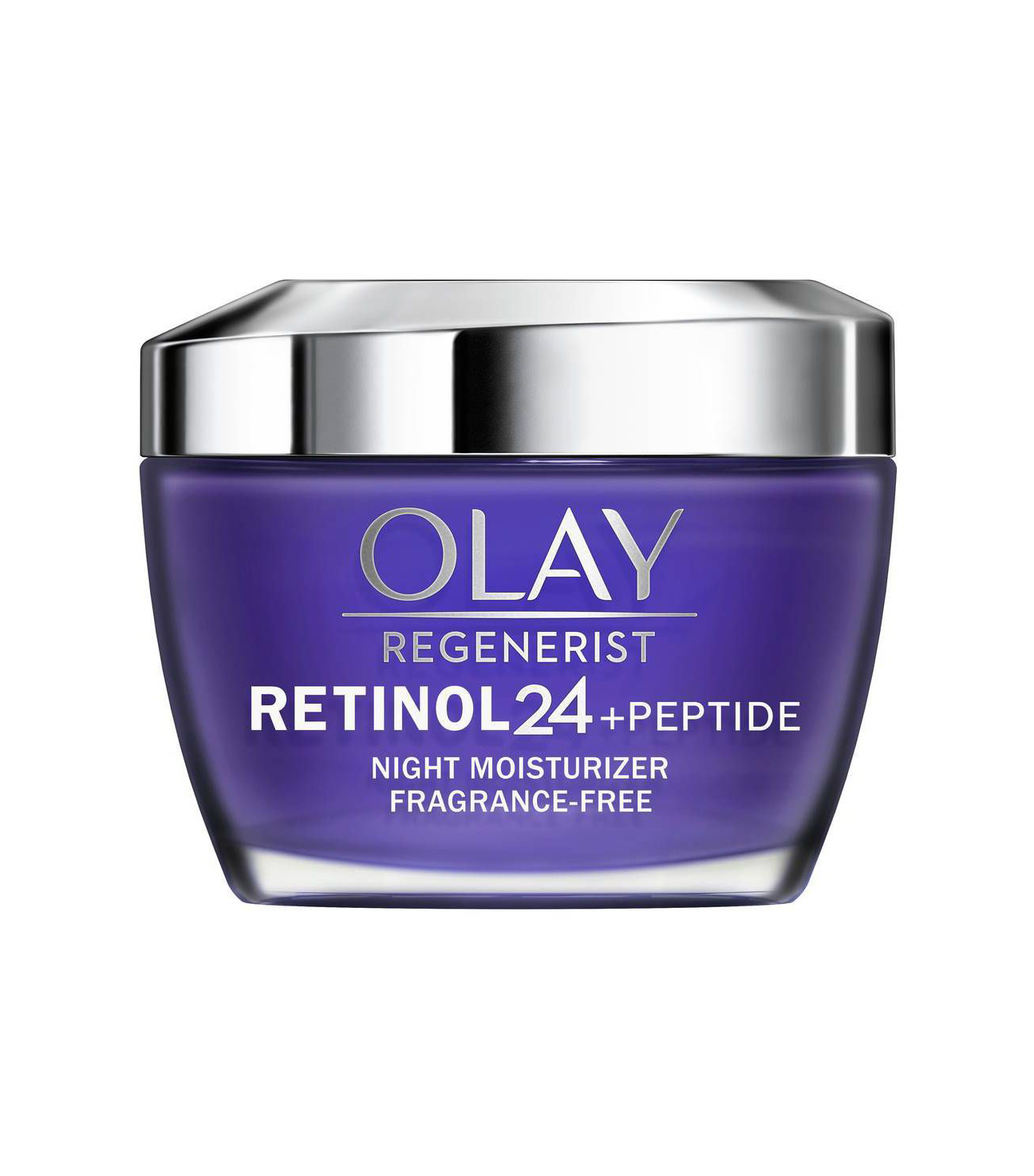
Rodney recommends this overnight moisturizer, which is a vitamin B3 and retinoid complex. The formula hydrates your skin for up to 24 hours and can improve fine lines and wrinkles.
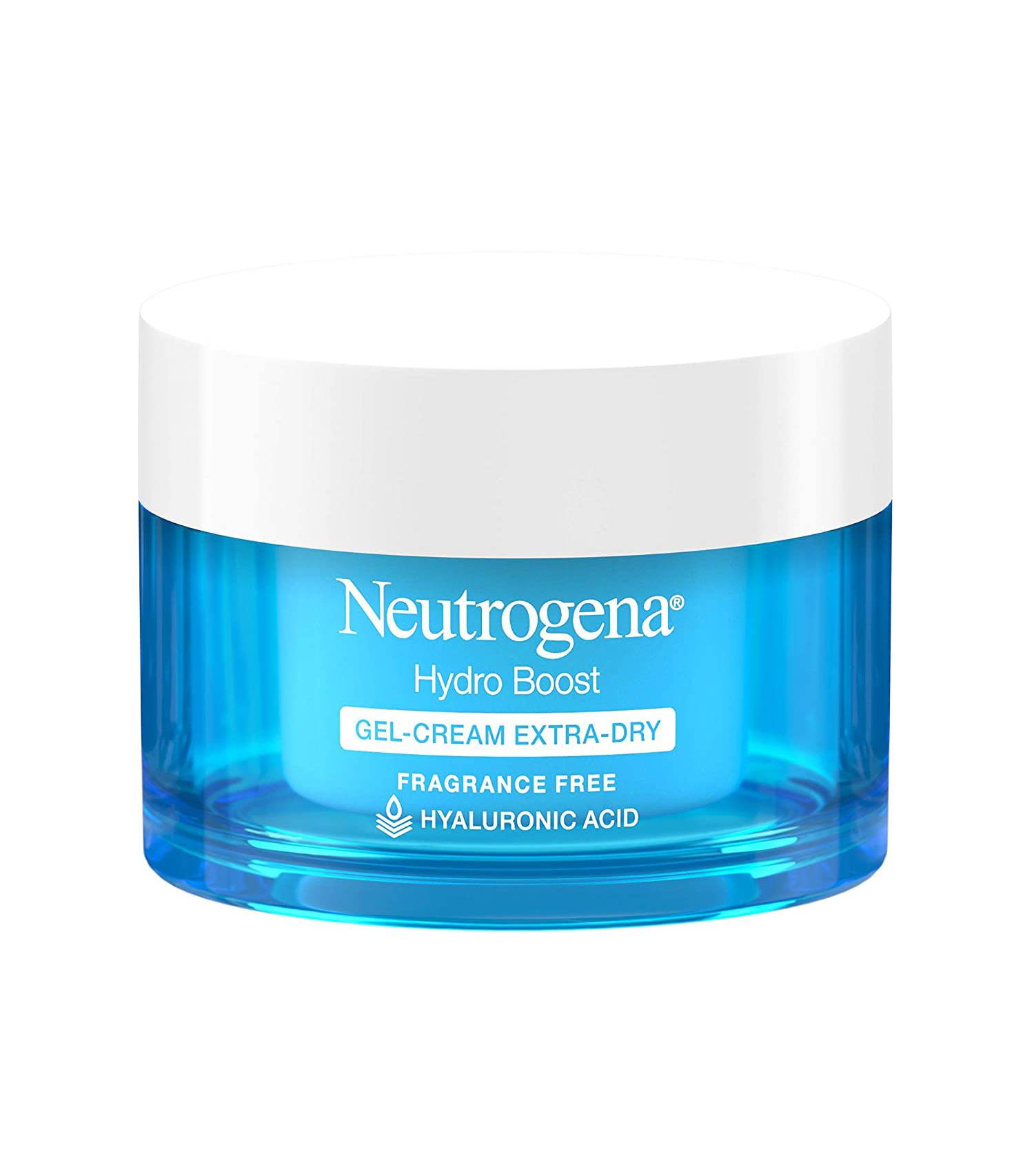
"I love Neutrogena's Hydro Boost gel as an over-the-counter option. It is super hydrating yet lightweight, oil-free, and feels great on your skin," Ofodile says.
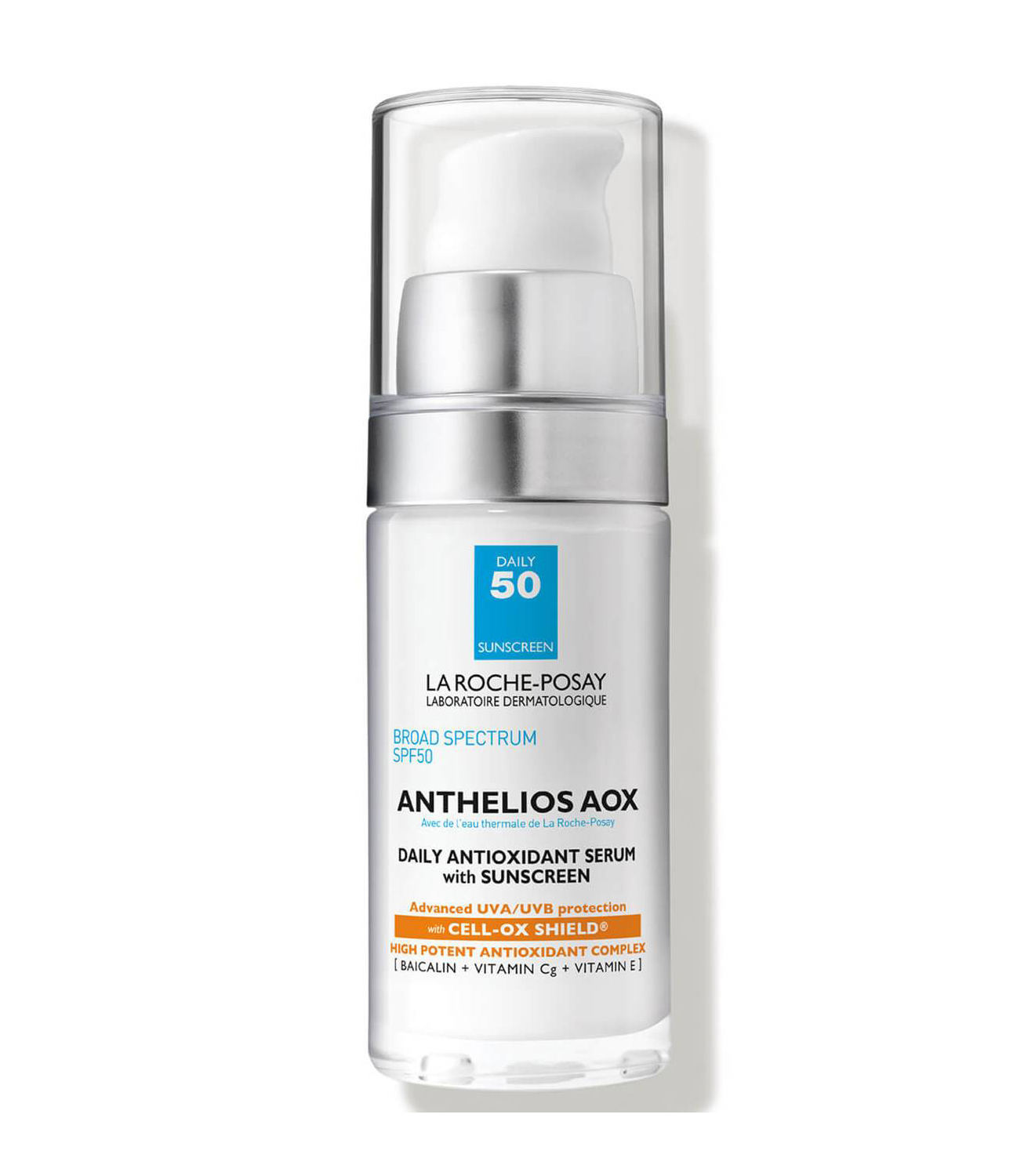
The sun can really dry out your skin, so make sure you protect it with SPF. Rodney suggests using this serum from La Roche-Posay. It is packed with antioxidants like vitamins C and E to fight free radicals and promote collagen and elastin production. And it has SPF 50 protection, so it's a great lightweight option to ward off UV rays.
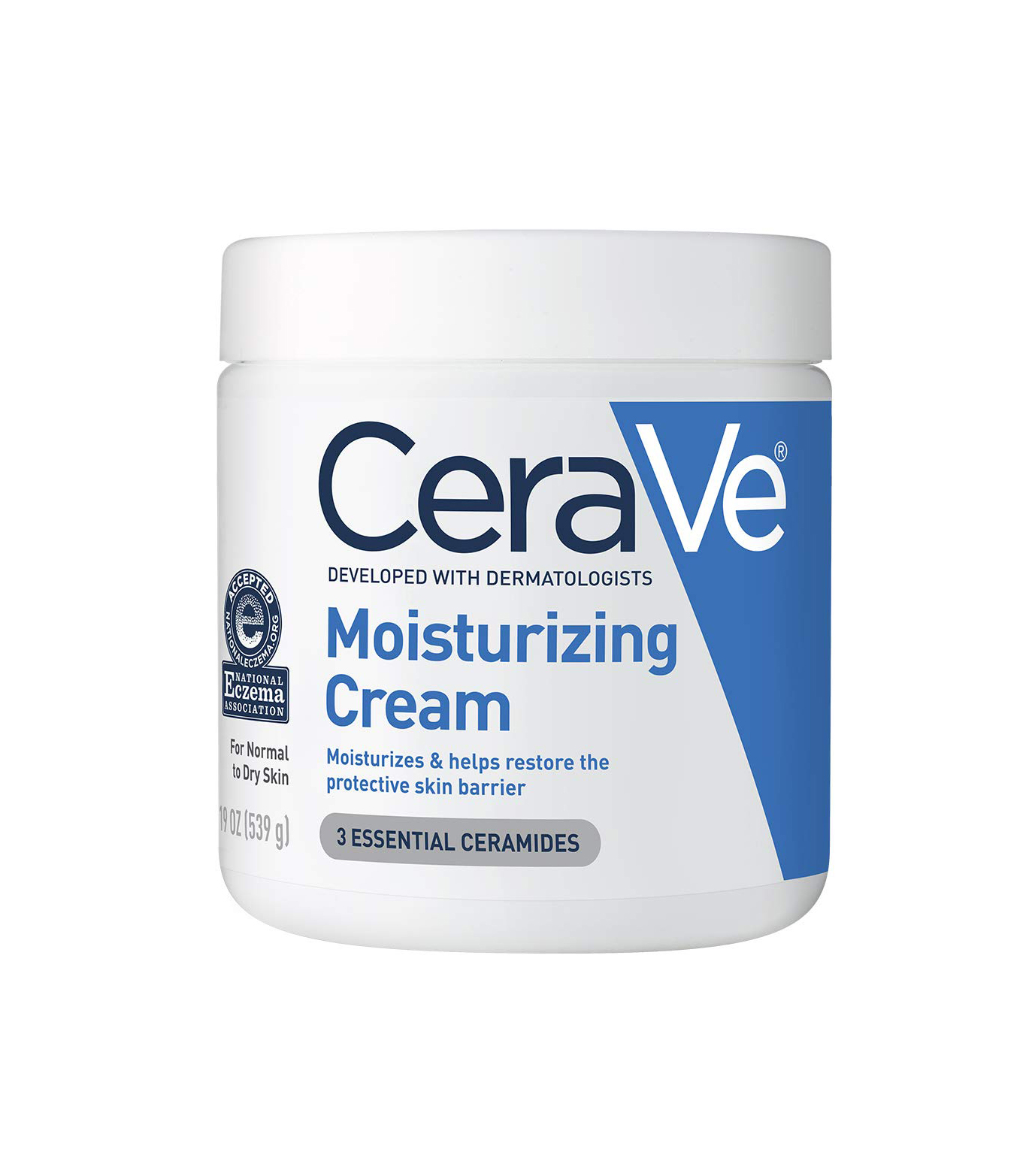
Another rec from Rodney, this highly rated drugstore cream is formulated with hyaluronic acid and three essential ceramides. It keeps the skin hydrated for up to 24 hours.
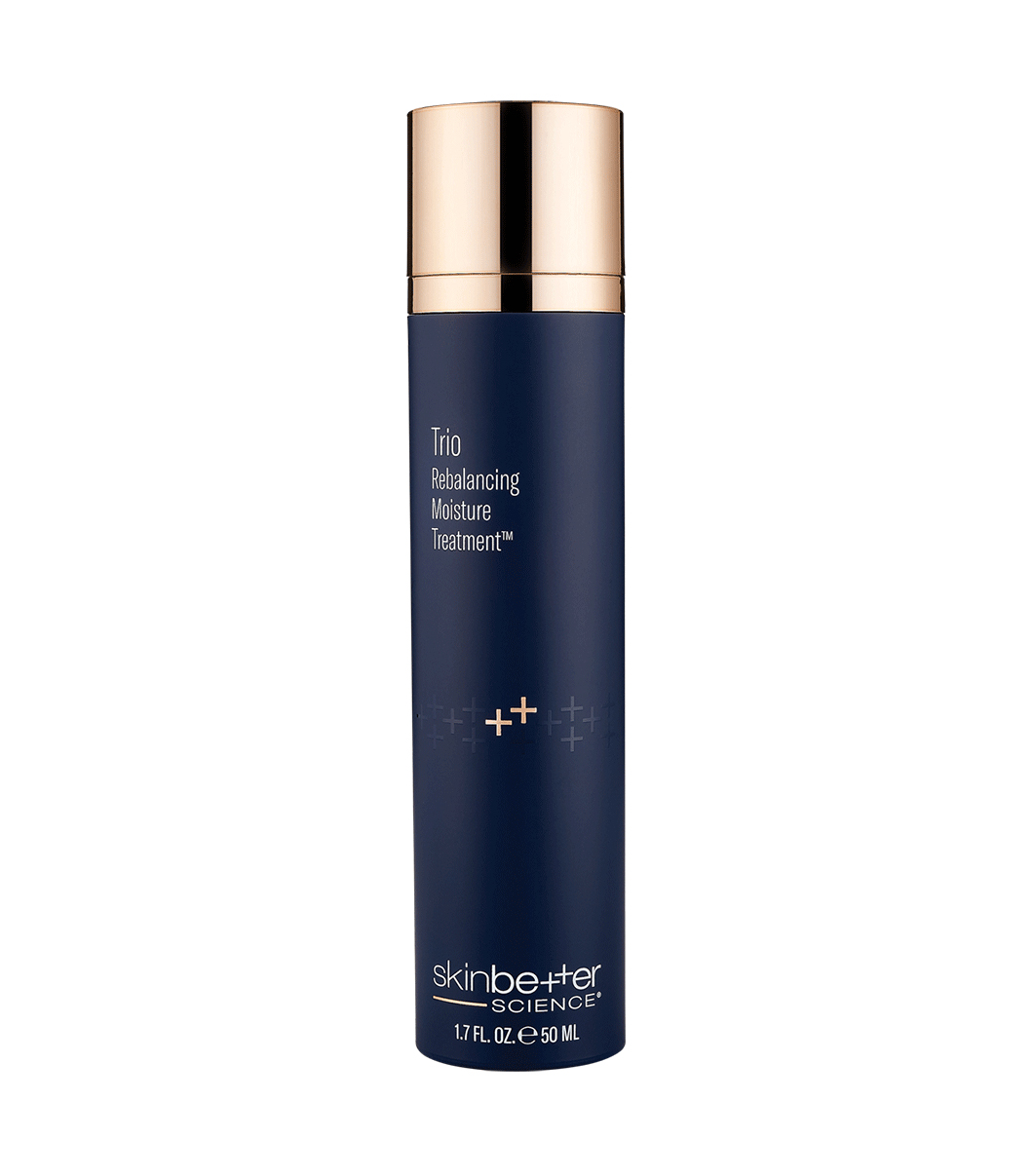
"Skinbetter's rebalancing moisture treatment contains a triple-action formula to help effectively bring hydration balance back to skin with hyaluronic acid, skin barrier support, and natural moisturizing factors," Ofodile says.
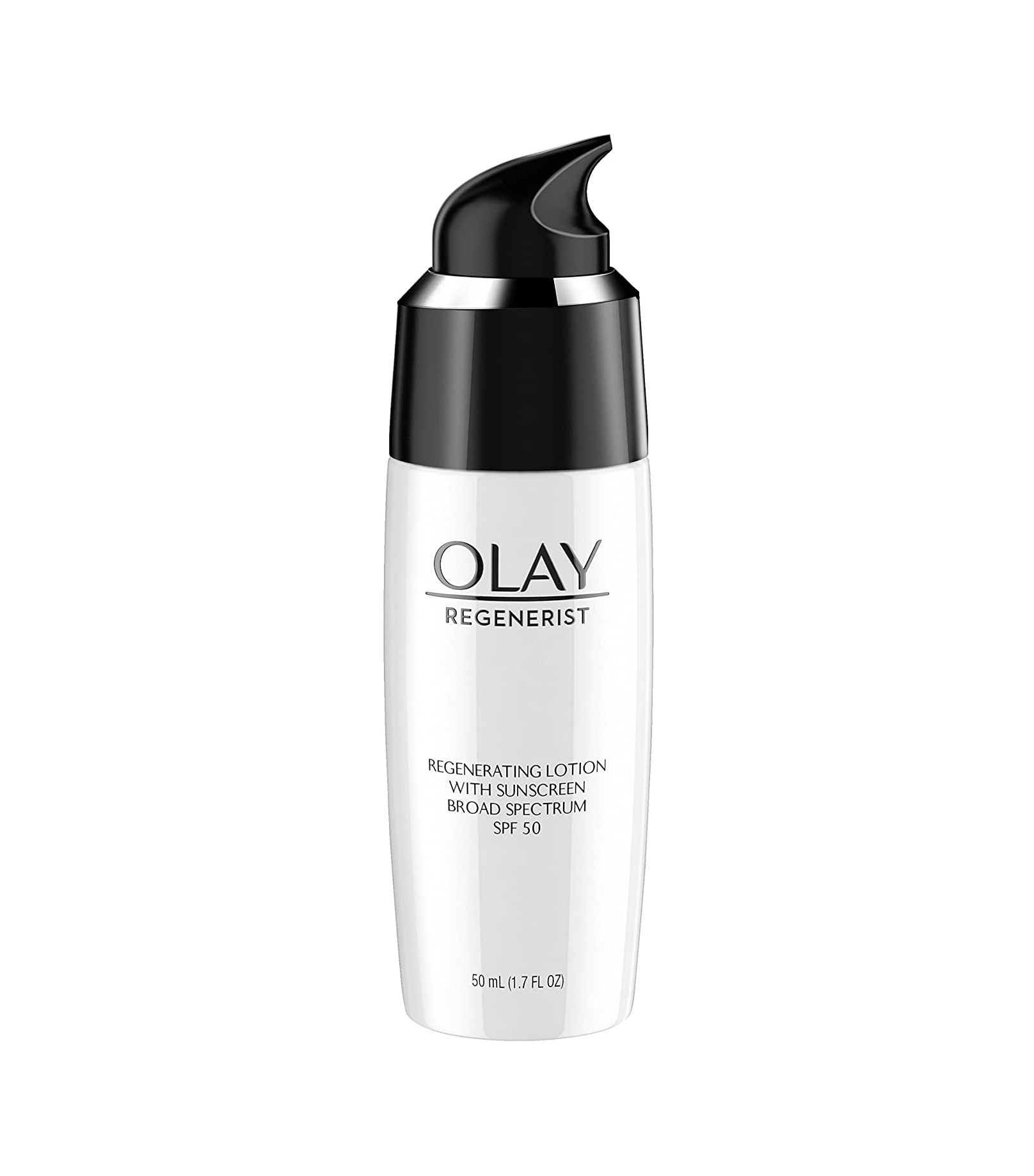
This daytime moisturizer with sunscreen is another pick from Rodney. It's a lightweight formula that is designed to reduce the appearance of fine lines and wrinkles. It contains an amino-peptide complex that works to regenerate the skin's surface layers.
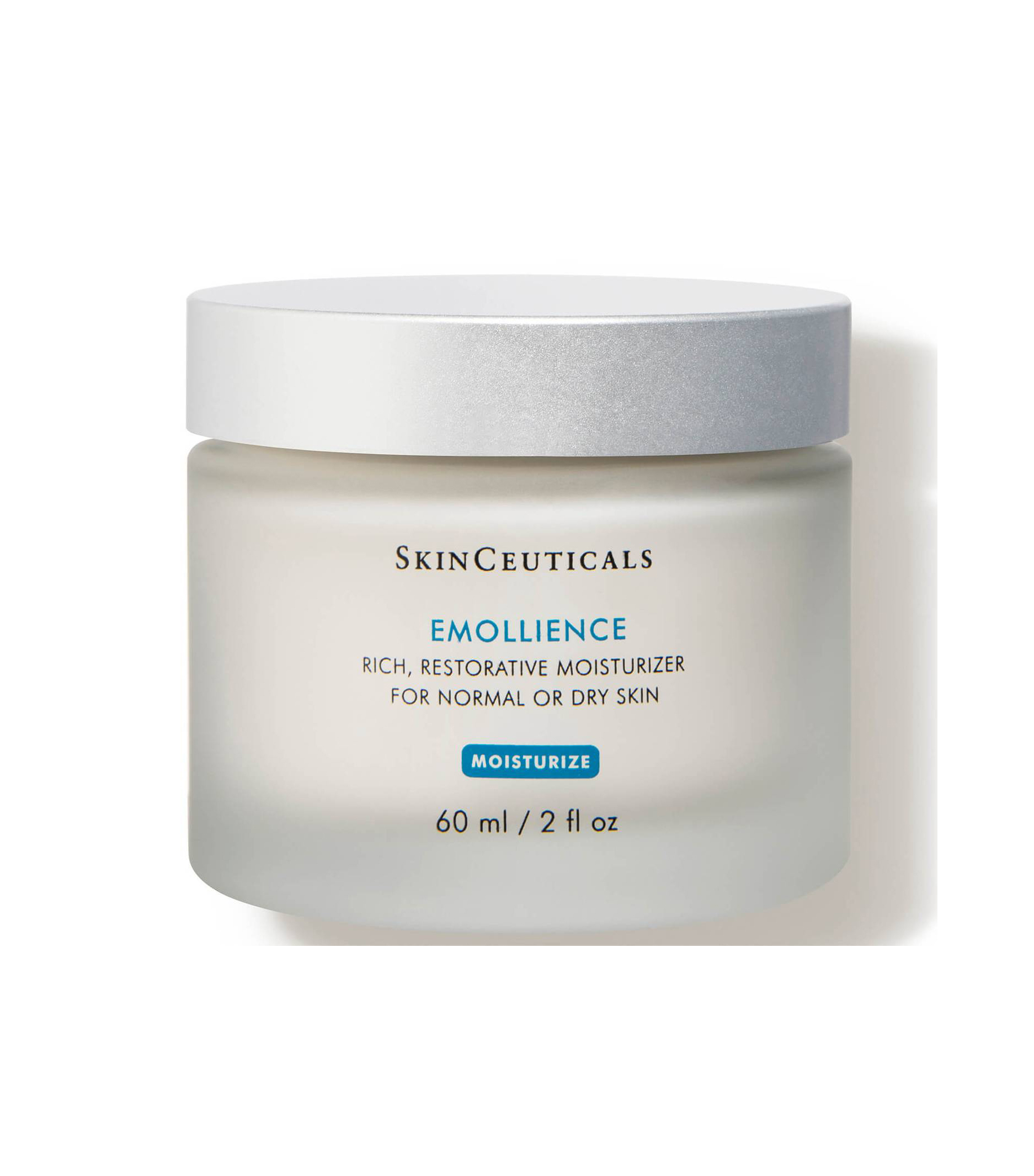
SkinCeuticals' Emollience is formulated with three algae extracts to nourish and hydrate, nourishing plant oils to maintain skin hydration, and essential oil blends to cool and refresh.
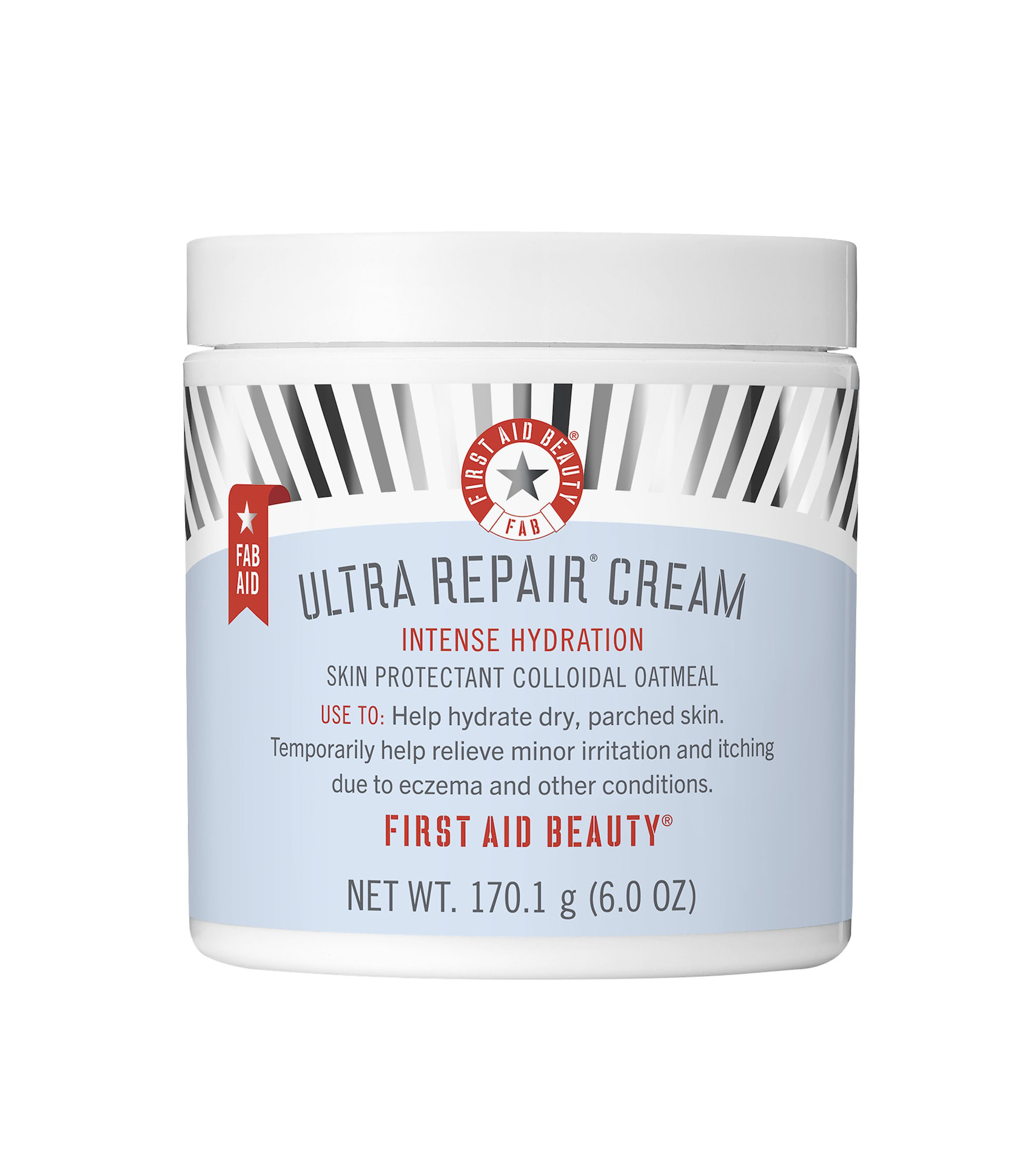
Even though this moisturizer is ultra rich, it absorbs quickly. Ingredients include colloidal oatmeal to relieve any itchiness plus shea butter and allantoin to protect the skin barrier and soothe the skin.
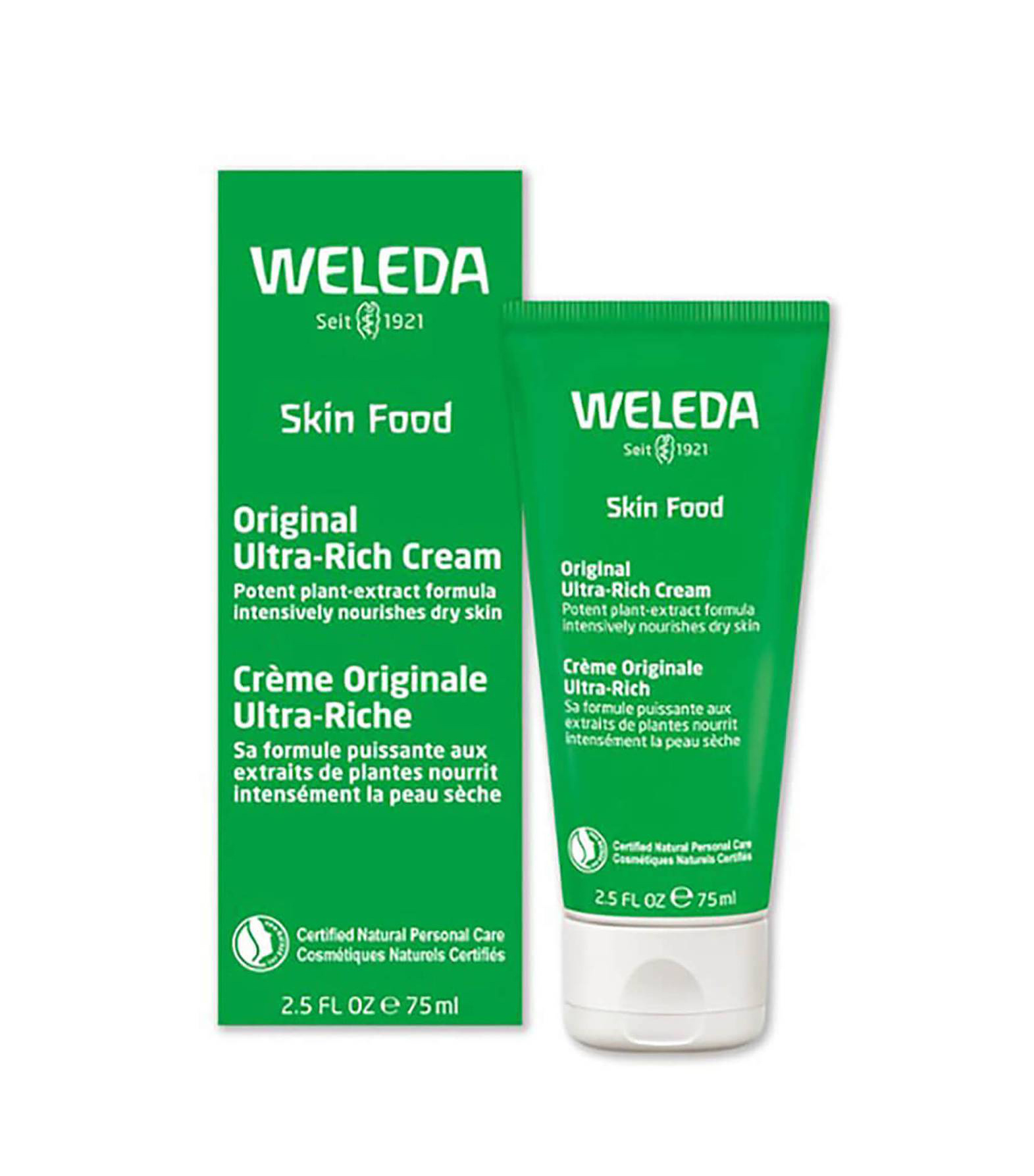
Weleda's cream is a cult favorite and perfect for dry skin on the face and body. Ingredients include essential fatty acids, vitamin E, organic pansy, and calendula flower extract. The formula will moisturize, calm any irritation, and aid in repair.
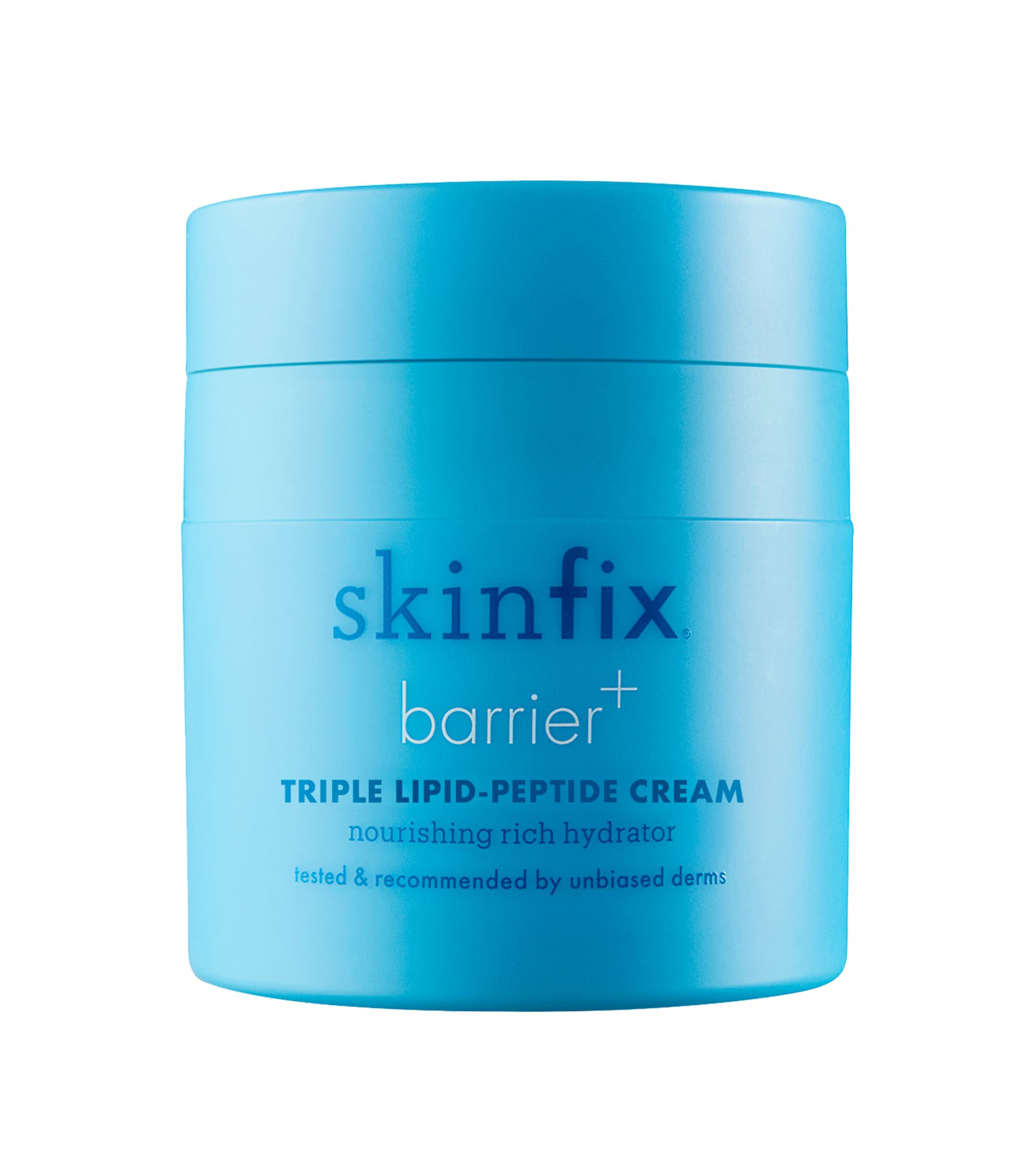
If your skin barrier is in need of some repair, this cream will do the work. It has a hydrating triple-lipid complex to restore ceramide and fatty-acid levels and a firming nutri-peptide blend to support the health of the skin barrier. Lastly, a seaweed hyaluronate blend is a small-particle hyaluronic acid that will give your skin a dewy finish.
Next: The Number One Beauty Mistake That's Causing Your Dry Skin
Sarah is lifestyle writer and editor with over 10 years of experience covering health and wellness, interior design, food, beauty, and tech. Born and raised in Los Angeles, she attended New York University and lived in New York for 12 years before returning to L.A. in 2019. In addition to her work at Who What Wear, she held editor roles at Apartment Therapy, Real Simple, House Beautiful, Elle Decor, and The Bump (sister site of The Knot). She has a passion for health and wellness, but she especially loves writing about mental health. Her self-care routine consists of five things: a good workout, “me” time on the regular, an intriguing book/podcast/playlist to unwind after a long day, naps, and decorating her home.
-
 Hailey Bieber Says She "Couldn't Live Without" This $12 French Pharmacy Cream
Hailey Bieber Says She "Couldn't Live Without" This $12 French Pharmacy CreamThat's it—I'm buying three.
By Kaitlyn McLintock
-
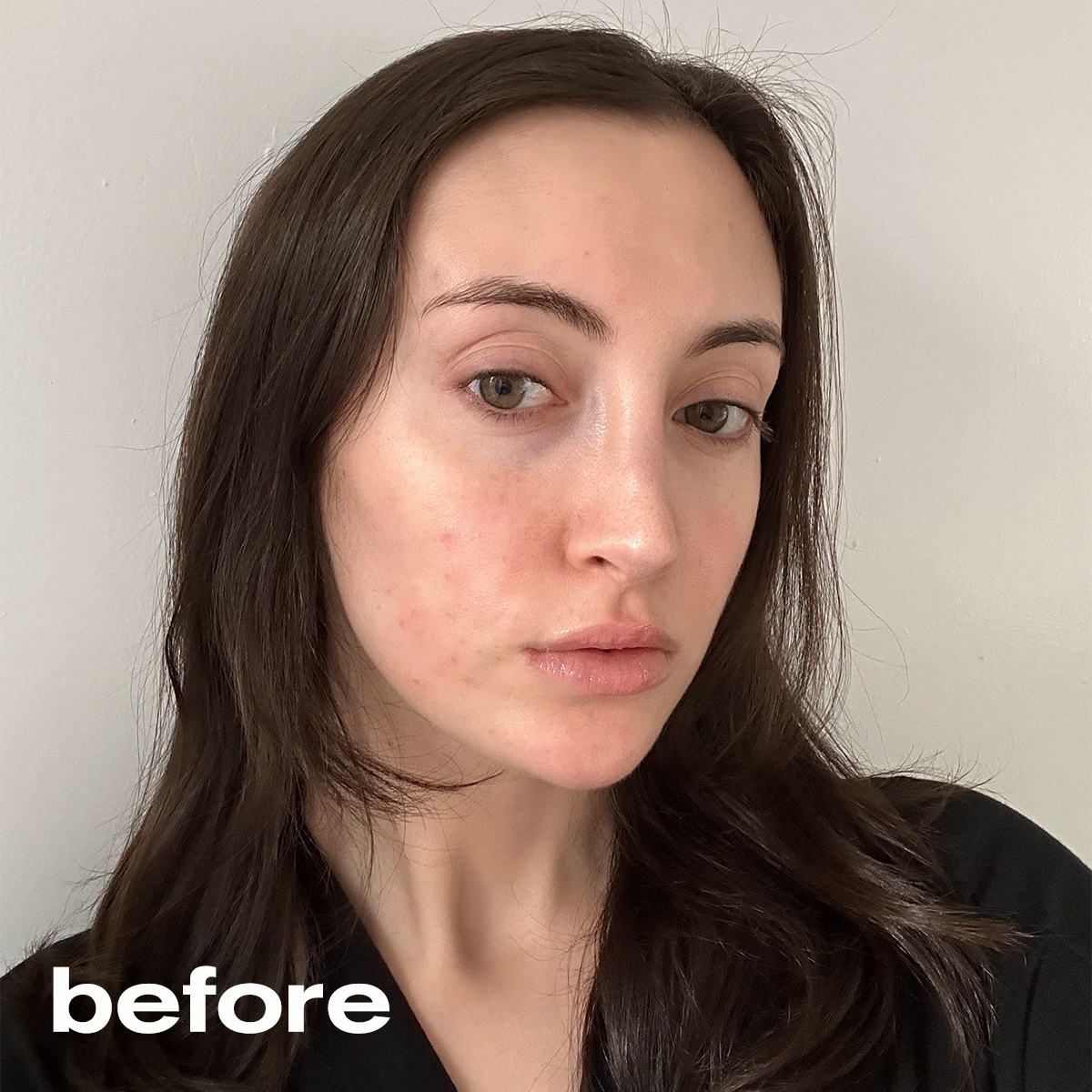 Chic Londoners Love This Ultra-Light Moisturizer, and No Lie, It Saved My Angry Winter Skin
Chic Londoners Love This Ultra-Light Moisturizer, and No Lie, It Saved My Angry Winter SkinIts key ingredient changed everything.
By Alyssa Brascia
-
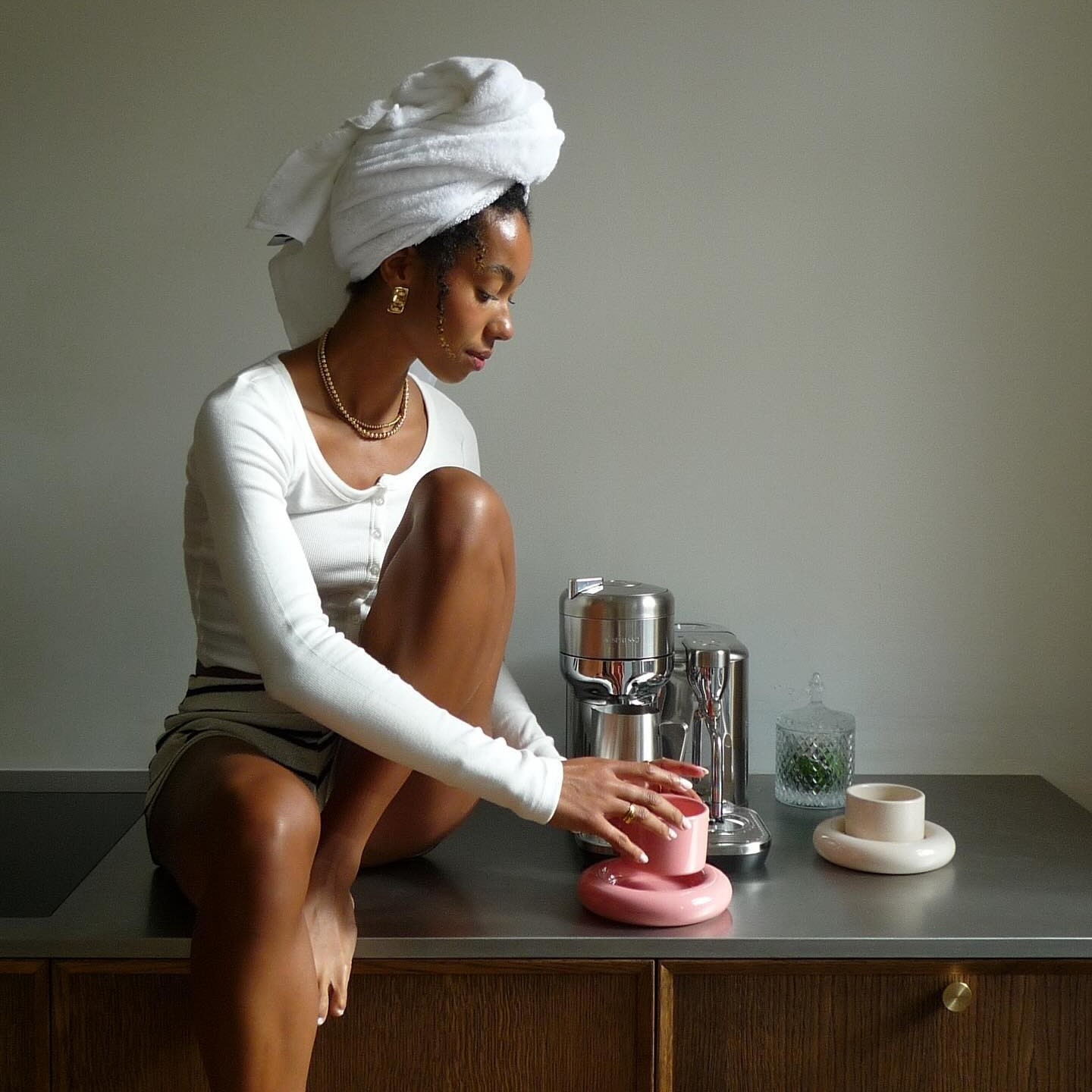 Do Derms Prefer Body Lotion or Body Oil? The Answer Might Surprise You
Do Derms Prefer Body Lotion or Body Oil? The Answer Might Surprise YouLet's end the debate, once and for all.
By Jamie Schneider
-
 I Have a Fear of Greasy Face Oils, But This French Formula Is *Chef's Kiss*
I Have a Fear of Greasy Face Oils, But This French Formula Is *Chef's Kiss*I don't keep secrets.
By Jamie Schneider
-
 Dullness and Fine Lines Are No Match for This Botanical Hero—My Skin Leveled Up in 10 Days
Dullness and Fine Lines Are No Match for This Botanical Hero—My Skin Leveled Up in 10 DaysIt's the next big thing.
By Maya Thomas
-
 Instagram's Fave Derm Says This Device Is Her Best-Kept Travel Secret for Kicking Dry, Irritated Skin
Instagram's Fave Derm Says This Device Is Her Best-Kept Travel Secret for Kicking Dry, Irritated SkinShereene Idriss calls it "incredibly helpful."
By Kaitlyn McLintock
-
 Buh-Bye, Fine Lines! These 20 Squalane Skincare Products Are All You Need for a Strong Skin Barrier
Buh-Bye, Fine Lines! These 20 Squalane Skincare Products Are All You Need for a Strong Skin BarrierTake notes.
By Maya Thomas
-
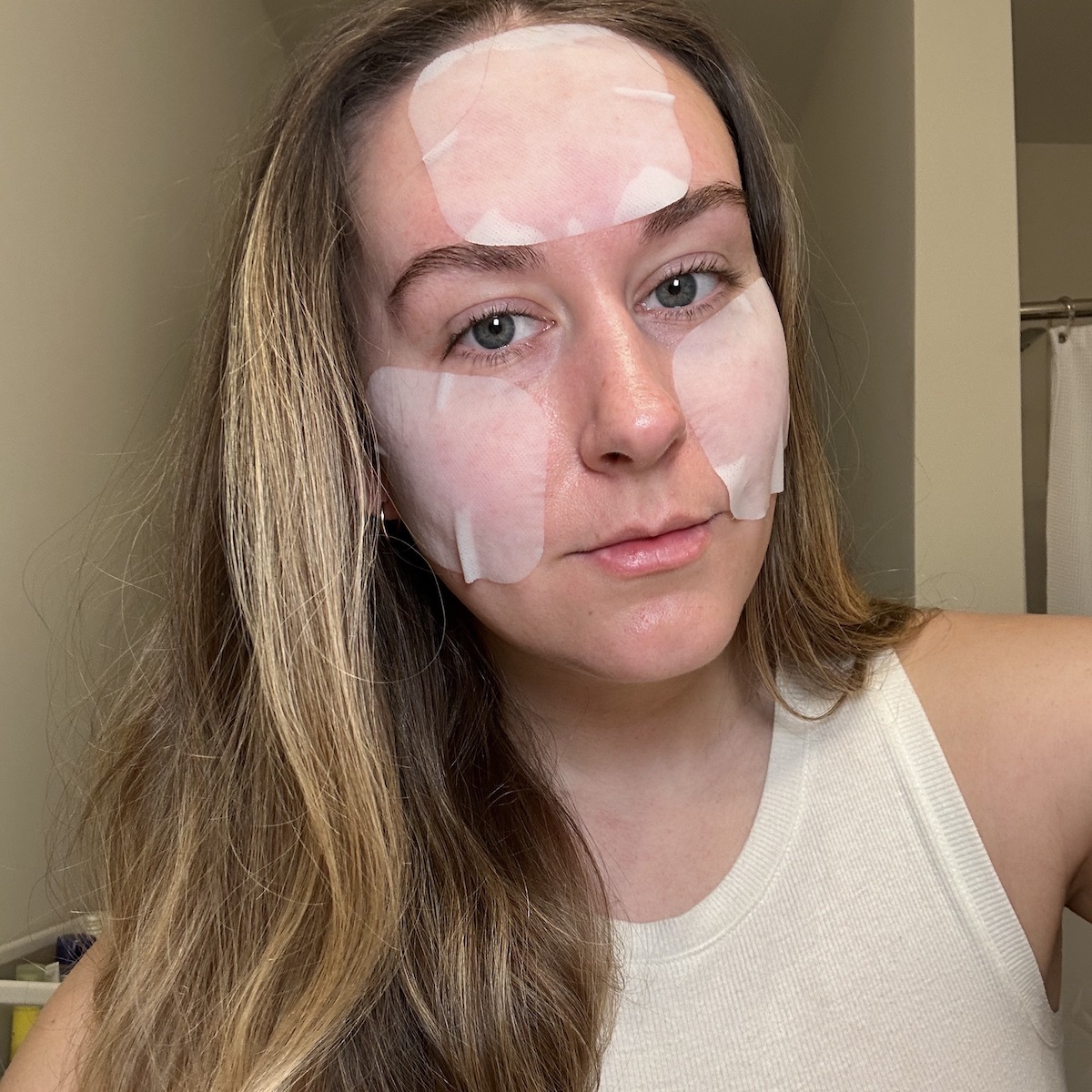 Hot Take—I Prefer This Korean Skincare Staple Over Viral Sheet Masks for Instantly Glowy Skin
Hot Take—I Prefer This Korean Skincare Staple Over Viral Sheet Masks for Instantly Glowy SkinFresh, glowing skin is ahead.
By Kaitlyn McLintock
